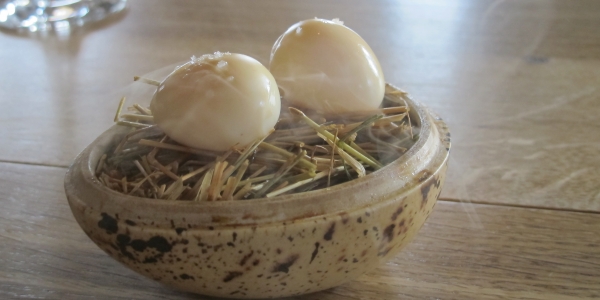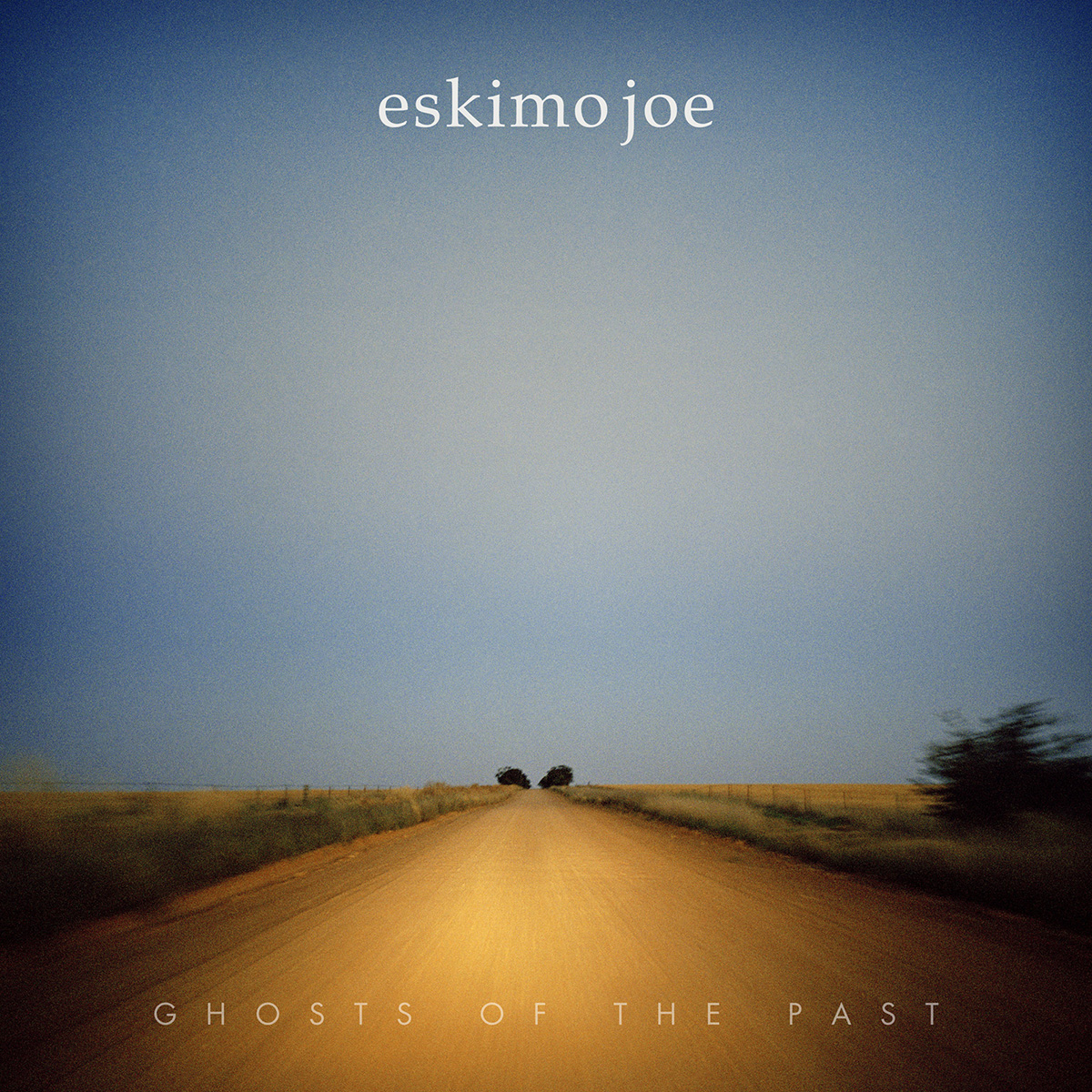Rene Redzepi is, like his food, a strange conglomeration of ingredients that shouldn’t work, but does. Quirky, built from simple, everyday things, he is a visionary wunderkind, gifted, funny and a little acerbic. He was also the surprise chef on the last episode of MasterChef, where he invited the finalists to cook his dish ‘The Snowman.’ My favourite moment of the entire series was the bemused expression on his face that slid into despair as he was confronted with a kitchen full of demented caricatures bouncing off the walls while they gleefully yelled thing like ‘Meringue!’ and ‘Crochenbusch!’ at each other.
MasterChef, which was an underwhelming cooking show on British television – was seized upon by the Australian viewing public with a passion. It filled gaping hole in our middlebrow culture that has been missing since Baz Lurhman’s credibility disappeared in an explosion of glitter and Botox. The show has had a massive impact on Australian culture. The revenue from the show helps cover Channel 10’s experiments with ill-considered renovation shows. The producers seem to wield shadowy God-like powers to buy and sell the credibility of chefs with aplomb. The ingredients of prices fluctuate like the stock market depending on what’s been featured on the show.
Supermarket shopping had taken of a weird surreal sheen; you push your trolley down supermarket isles guarded by leering cardboard cut-outs of Maggie Beer and Curtis Stone while hordes of civilians rush through the aisles looking for piping bags and organic nori. It’s a trickledown effect from the demented hyperbole of the judges who punctuate every episode by bouncing between viciously dressing down contestants and greasing them in overwrought, fawning sentimentality.
The contestants respond in kind, presumably directed by the producers, or instinctively dropping into the shorthand fostered by previous seasons. They stammer and trip over themselves in the rush to express the joy of being on the show and talk about their ‘food journey’ and ‘food dream’. It’s enough to send you into an existential crisis every time you make a cheesy toasty. “This is a dream come true” one contestant confided in an aside to the camera. The viewer suppresses a surge of envy. Didn’t everyone spend their childhood fantasising about making a tiny snowman out of carrot and yogurt on national television?
The vivacious falsity of the padding in the show has its purpose – a bit like a job interview. If you get through it, if you win the game you get the award, – a massive cash prize and a lucrative book deal. Even losing is a sweet deal – if you can gush about your dreams of opening a French style bistro across the length of a ratings season, you’ll be given the chance to release a range of sauces after you’ve been knocked off.
The show is like a bizarre Escher treadmill where contestants are given a taste of life as an executive chef, dreaming up dishes, cooking them once and then releasing them to the world. They skip earning their stripes in a kitchen, spending years on an apprenticeship cutting onions and flipping steaks. On the occasion when one of the runners up goes to work in one of the judges kitchens, they promptly drop out and become a columnist for The Age. However, if you ignore the details and concentrate on the narrative, the ‘food journey’ is mad thrilling and looks like jolly fun.
It’s a weird binary, a reverse rundown of other reality shows. Remember Australian Idol, where gormless tunesters were paraded in front of a bestiary of puffy broken pop-stars, put on stage at the opera house, poached briefly in a winsome broth of celebrity, money and fame, then driven to the cultural bush and kicked out of the car to fend for themselves.
In a way, ‘The Snowman’ – which Redzeki describes as the most difficult to cook item on the Noma menu – is an appropriate final test for the great experiment that is MasterChef. A composite of vinegar meringue, carrot sorbet, passionfruit mousse and yoghurt granita – it’s a thing that looks like one thing, but is a mess of other strange and disparate ingredients. At first, the juxtaposition between seeing Noma and MasterChef together was jarring. One week I was sitting in a converted warehouse in Copenhagen eating snacks that bordered on sorcery, the next I was watching the sorcerer in question wincing as Matt Preston gurned and gurgled at his Snowman.
Noma is the epitome of class. The food is at once magnificent chicanery, and humble -like the baby radish served in a pot of barley dirt, or a simple salad served of six types of onion that slowly dissolved into a rich acidic jus. The chefs bring out the food themselves and explain it to you with real enthusiasm, quite different to the way Matt and Gary shoot at the contestant’s feet to make them dance. As each dish at Noma came out, I was just as likely to greet it with ‘Holy shit!’ as yum, but it was all delicious, of course. Some of the more challenging dishes, like soft boiled quail eggs – smoked in hay and served in another egg, or summer deer and snails with forest shoots and chanterelles, live prawns served on foraged weeds, are nonetheless magnificent, helped along with buckets of matched wines and home-made beer distilled from birch sap.
It seems a long way from ‘pressure tests’ and ‘mystery boxes’ and the other elements of the MasterChef ‘food journey’, but watching the finale – as the glitter cannons went off and the show reached its creaking catharsis and we flashed back to all the times the contestants cried as cooking a cheesecake reminded them of their great aunt’s terminal cancer or whatever – I found myself reaching my own catharsis.
Sure, there’s something a bit over the top the institutions of Noma and MasterChef. The former is a place founded on sourcing and preparing local ingredients and sustainable food, which inspires foodies to fly across the world for lunch, which menu choices are spoken of in italics and arbitrary capitalisation like the titles of novels and movies. The latter is a shining, spectacular showbiz streetwalker, but they both do their own good. I’ve never known a chef to eat at Noma without immediately stepping up their game and growing into new and exciting areas. Similarly MasterChef delights, inspired and entertains millions – a great, greasy cheeseburger for the soul. To steal the saccharine message of Pixar’s Ratatouille, anyone can cook. Both Redzeki and MasterChef -even both at the same time- inspire people to. There’s room for everybody in food. Except for vegans, of course; when the war comes they’re first against the wall.

